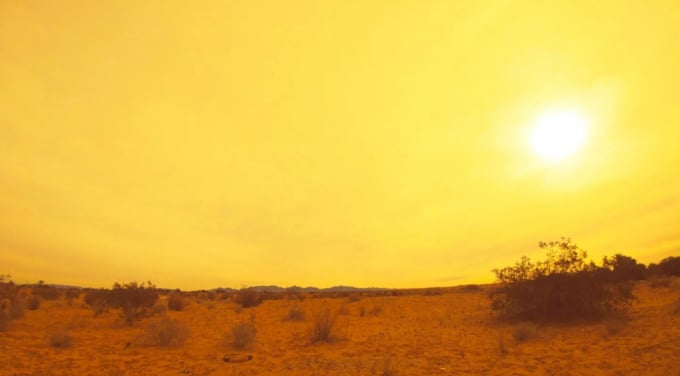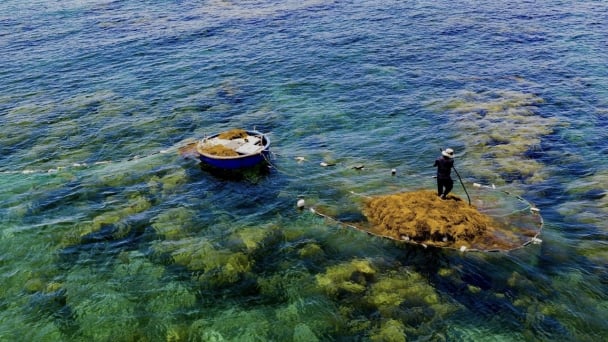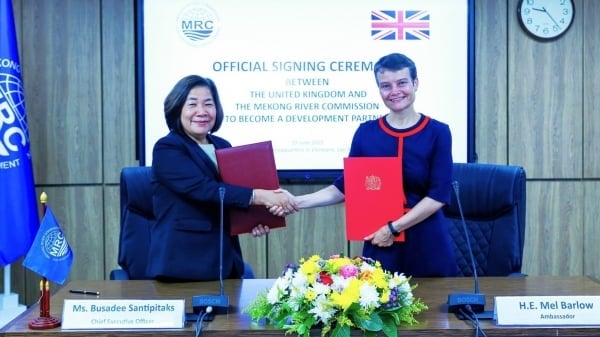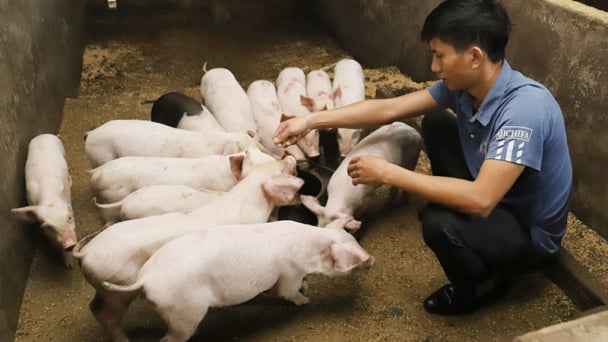June 21, 2025 | 01:11 GMT +7
June 21, 2025 | 01:11 GMT +7
Hotline: 0913.378.918
June 21, 2025 | 01:11 GMT +7
Hotline: 0913.378.918

The energy imbalance of heat stored in the oceans, land and atmosphere has doubled in the last 14 years, 2005 to 2019, making the planet hotter and man-made actions are at least partially to blame, according to a study by NASA and NOAA, published in Geophysical Research Letters.
Two independent tests were used. Using NASA’s Clouds and the Earth's Radiant Energy System (CERES) suite, scientists were able to measure how much energy was leaving and entering the atmosphere. And data on how much the ocean is heating up came from a network of floats called Argo.
Because the excess energy ends up in the ocean 90 percent of the time, factoring in the world’s float systems will determine if the water is getting heated up.
"The two very independent ways of looking at changes in Earth's energy imbalance are in really, really good agreement, and they're both showing this very large trend, which gives us a lot of confidence that what we're seeing is a real phenomenon and not just an instrumental artifact," said Norman Loeb, lead author for the study and principal investigator for CERES at NASA's Langley Research Center in Hampton, Virginia. "The trends we found were quite alarming in a sense."
The researchers say the energy imbalance appears to be the result of both human activity and natural variability. Human activity is the result of the increasing greenhouse gas emissions that are trapping heat in the atmosphere, and it is capturing outgoing radiation normally would have reached into space.
Melting ice and snow, which turns into water vapor, is also changing the patterns and formations of clouds, which leads to increased warming.
(The Hill)
![Turning wind and rain into action: [10] Advancing accessible climate services for farmers](https://t.ex-cdn.com/nongnghiepmoitruong.vn/608w/files/linhnhp/2025/06/20/1911-z6704423696987_15fd32ffc26d590d204d520c9dac6786-nongnghiep-161854.jpg)
(VAN) Not only does it help farmers 'avoid droughts and rains,' the development of agricultural climate services also enhances their ability to proactively adapt to a rapidly changing climate.

(VAN) With international assistance, the harvesting of sargassum seaweed in Quang Ngai has become increasingly regulated, thereby safeguarding marine life and ensuring the stability of coastal communities' livelihoods.

(VAN) On June 19, the United Kingdom officially became a Development Partner of the Mekong River Commission.

(VAN) Biodiversity is being threatened by traditional remedies made from wildlife. Traditional medicine and humans must change to live in harmony with nature.

(VAN) Agrifood investment and finance solutions for people and the planet.

(VAN) Microplastic contamination has become pervasive in seafood, posing unprecedented challenges for food safety and marine ecosystems.

(VAN) Proactively using vaccines, combined with transport control and enhanced surveillance, is the only viable path toward biosecure and sustainable livestock production in Vietnam.